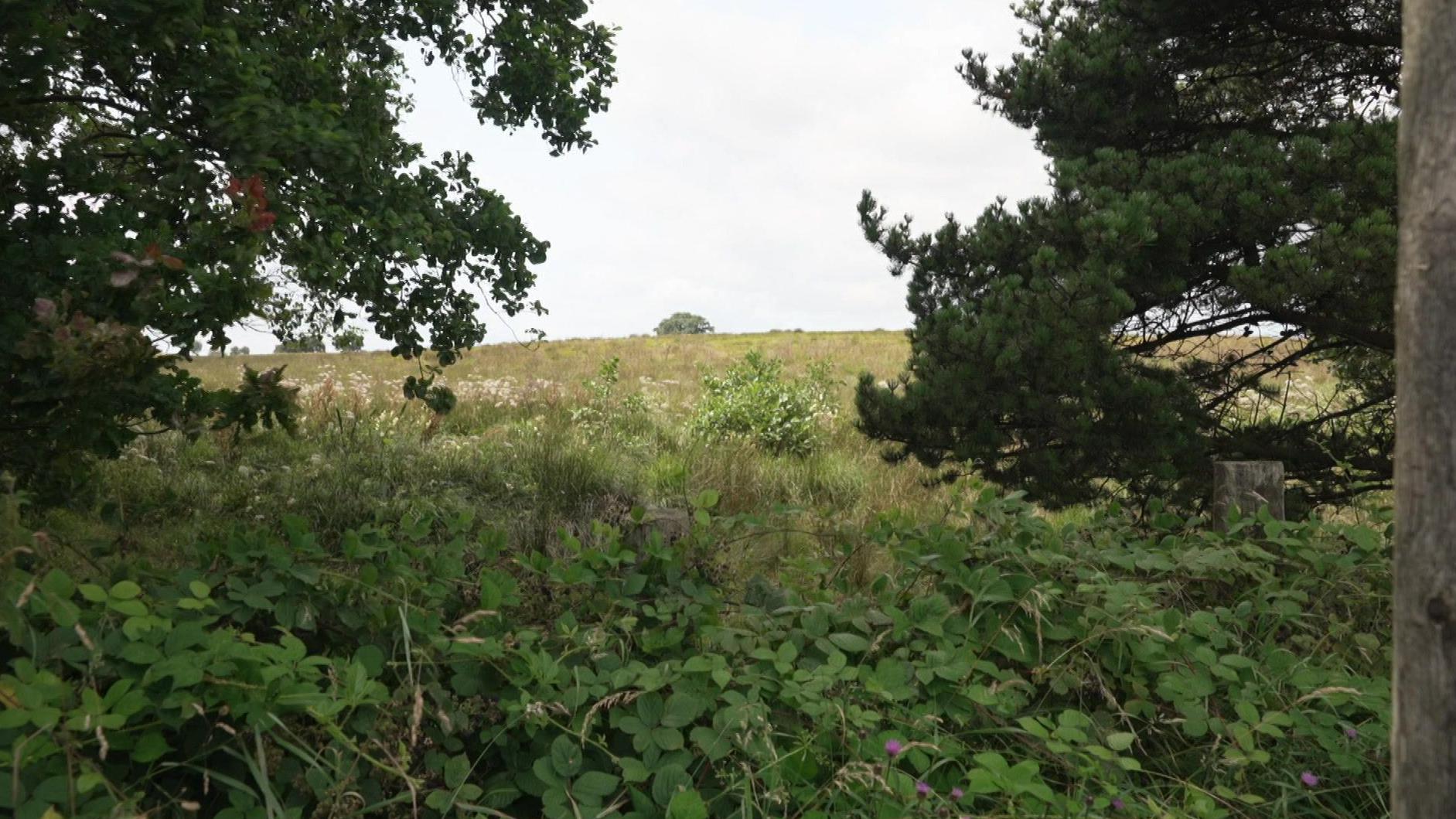
The Growing Concern Over Battery Storage in Wales
As the push for net zero emissions intensifies, the development of battery storage systems (BESS) is becoming a focal point in Wales. However, this rapid expansion has raised concerns about safety and regulation, with some politicians warning of a "wild west" scenario where applications for these facilities are being submitted without proper oversight.
Llyr Gruffydd, chairman of the Senedd's climate change, energy and infrastructure committee, has highlighted that many BESS applications are speculative and lack proper management. Currently, there are 87 such applications in Wales, and while the Welsh government emphasizes their role in supporting renewable energy, campaigners argue that these sites pose significant risks, especially after several high-profile fires at similar facilities worldwide.
BESS technology enables the storage of surplus energy generated from sources like wind turbines or solar panels. This stored energy can then be released back into the grid when demand is higher, helping to balance supply and demand. Despite the benefits, the technology is not without its challenges.
Recent incidents, such as a fire in Liverpool in September 2020 that lasted 59 hours and another in California earlier this year, have underscored the potential dangers associated with BESS. These events have prompted calls for stricter regulations and more comprehensive safety measures.
One of the proposed developments in Wales is near Cefn Rhigos in Rhondda Cynon Taf, where an application seeks to establish a site capable of importing and exporting 200 MW of power. Local resident Clare Rees expressed concerns about the proximity of the proposed site to homes, noting that it is only a few hundred meters away. She emphasized the community's fear of potential fire risks, despite assurances from developers that the risk is low.
The developer involved has not publicly addressed these concerns, leaving residents feeling unheard. Meanwhile, Rhondda Cynon Taf council stated that the application has been referred to Welsh ministers and is currently on hold until further information is provided by the applicant.
Experts like Prof Kathryn Toghill, a professor of sustainable electrochemistry and energy materials at Lancaster University, have voiced concerns about the reliance on lithium-ion batteries. While she acknowledges that the risks can be managed, she advocates for diversifying battery technologies. "We shouldn't be putting everything into lithium-ion batteries," she said. "It's really hard to compete with the costs of these, and that's what really matters to people when it comes to energy."
Prof Toghill also pointed out the "energy security risk" of over-reliance on lithium-ion batteries, given the UK's lack of a domestic supply chain for critical raw materials, which are largely sourced from countries like China.
Plaid Cymru MS Llyr Gruffydd has called for a national strategy to manage the placement and development of BESS in Wales. He acknowledged the importance of battery storage in the country's energy future but warned against the current unregulated approach. "It's unmanaged, it's a bit of a wild west situation at the moment and that needs to change," he said.
The Welsh government has reiterated the crucial role of BESS in supporting the security of the energy network and integrating renewable energy across the grid. It mentioned that the National Energy System Operator will assess the scale of proposed developments, ensuring they are well-planned and situated with consideration for community input.
As the debate over green energy battery storage continues, the need for a balanced approach that prioritizes safety, sustainability, and community concerns becomes increasingly evident. With the potential for both innovation and risk, the path forward for BESS in Wales remains a complex and evolving challenge.
Tidak ada komentar:
Posting Komentar